Case Analysis: Contract Formation, Offer, Acceptance, and Postal Rule
VerifiedAdded on 2021/04/17
|6
|1063
|31
Case Study
AI Summary
This case study analyzes the formation of a contract between Harry and Sally based on their email communications regarding the sale of a ring. The analysis focuses on whether a valid offer and acceptance were established, considering the postal rule of acceptance and relevant case laws like Harvey v Facey and Byrne & Co v Leon Van Tien Hoven. The student examines the initial communication as a request for information, followed by Sally's offer to sell the ring. The acceptance by Harry through mail and the applicability of the postal rule are discussed. The document then explores the scenario where Harry's acceptance was sent via email, and its impact on the contract formation, concluding that the contract would not be valid in such a case as the mode of acceptance was not specified by the offeror. The conclusion is that a contract was formed due to a valid offer and acceptance through the postal rule, assuming other elements of a contract were present. References to key legal texts and case laws are included.
1 out of 6
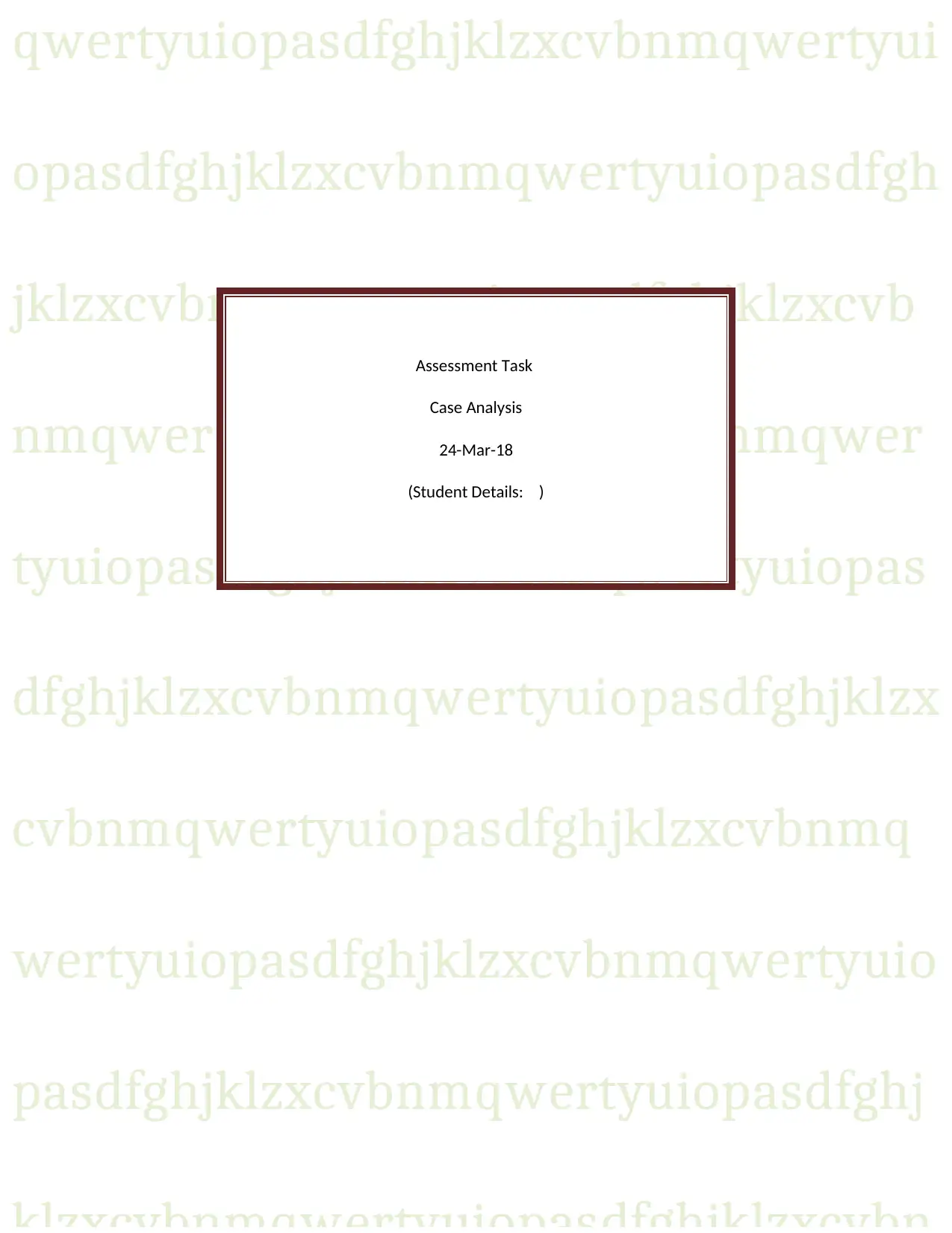
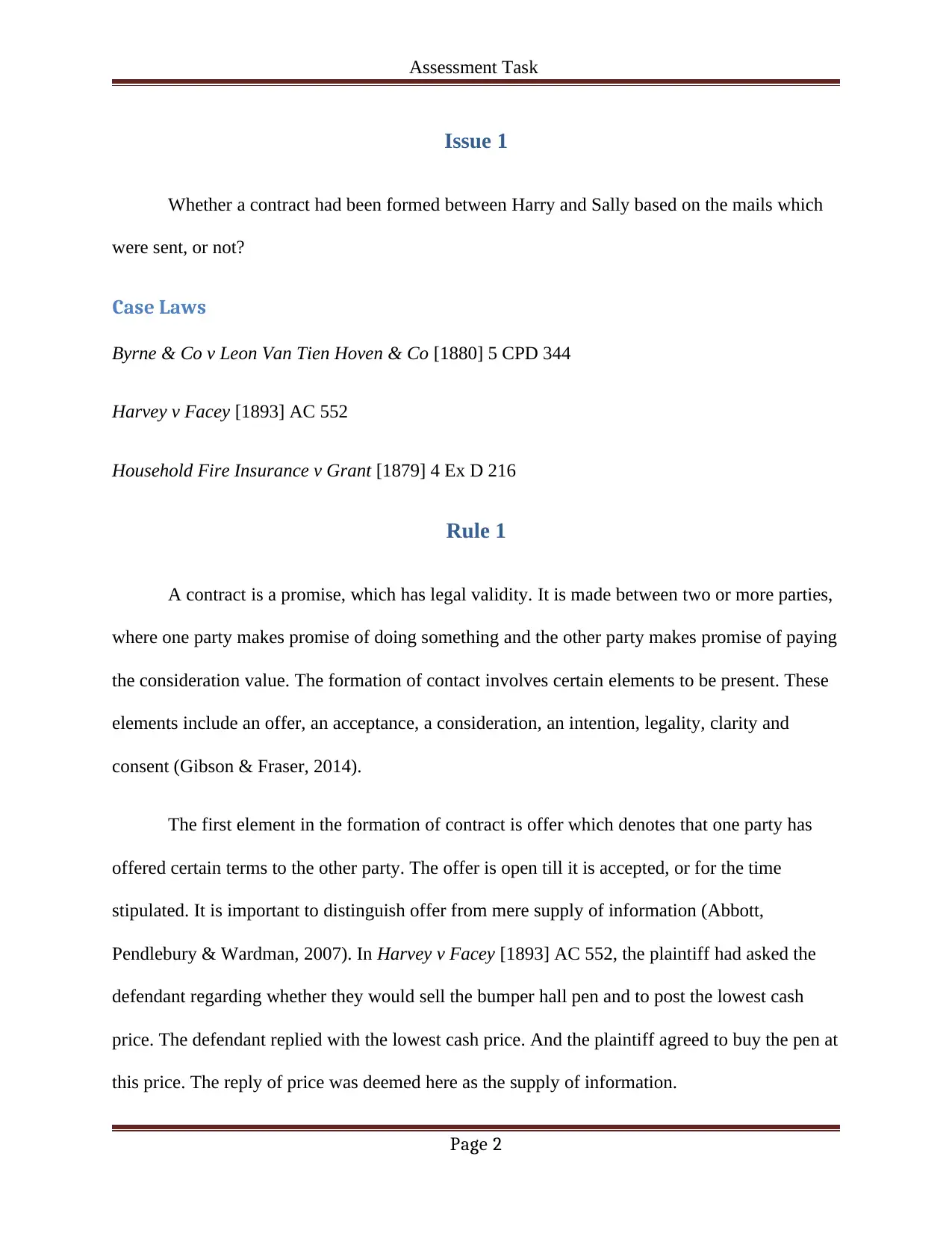
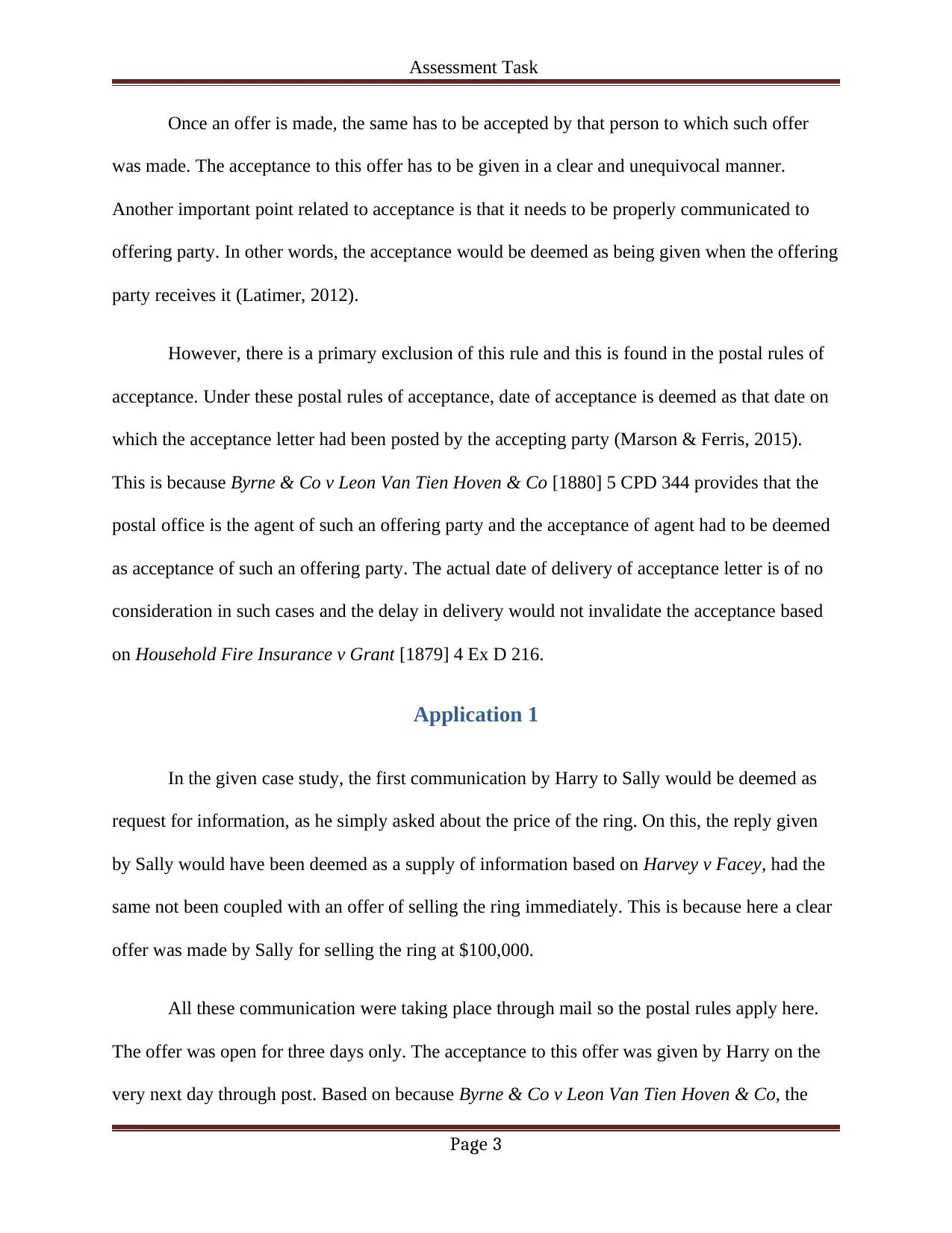

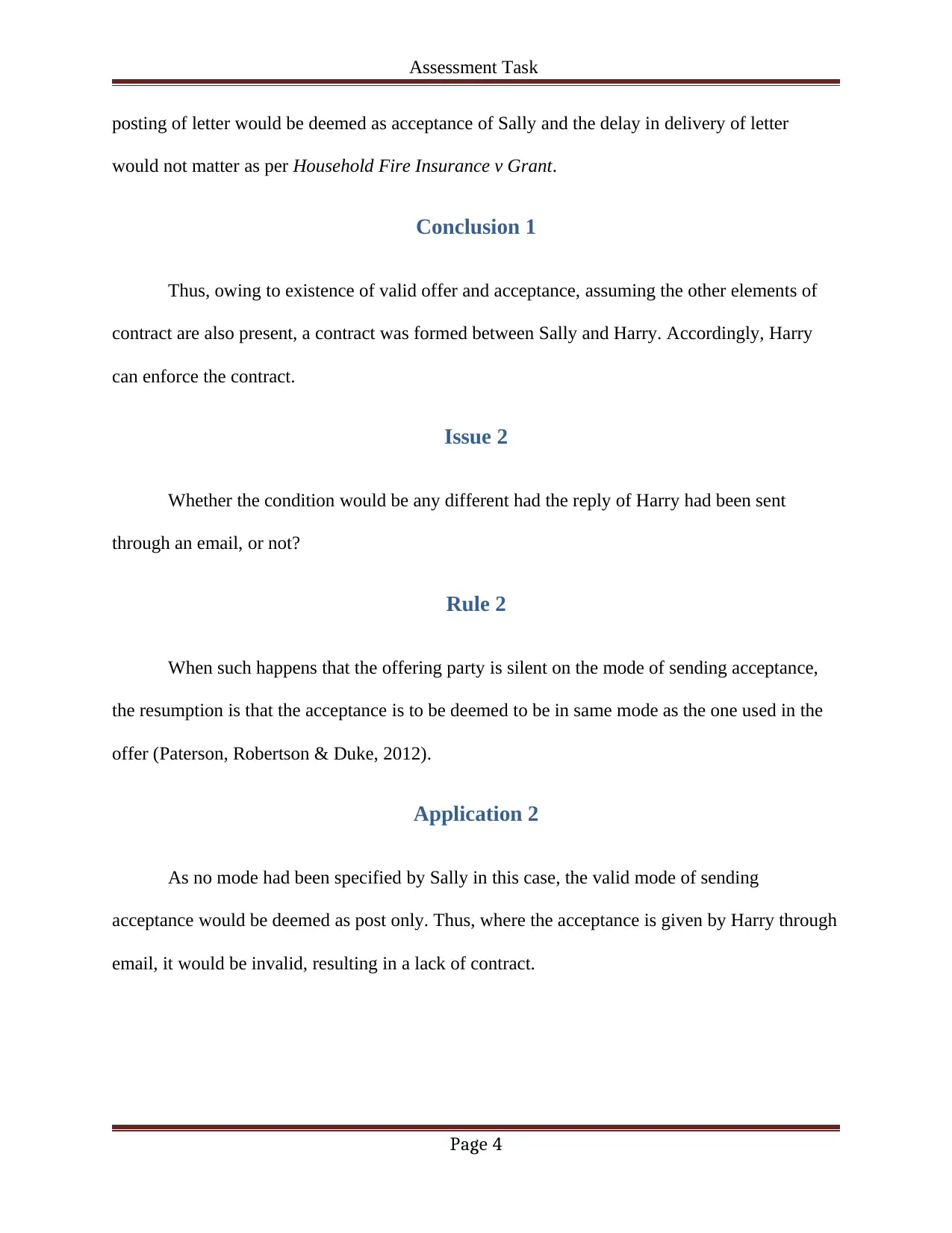
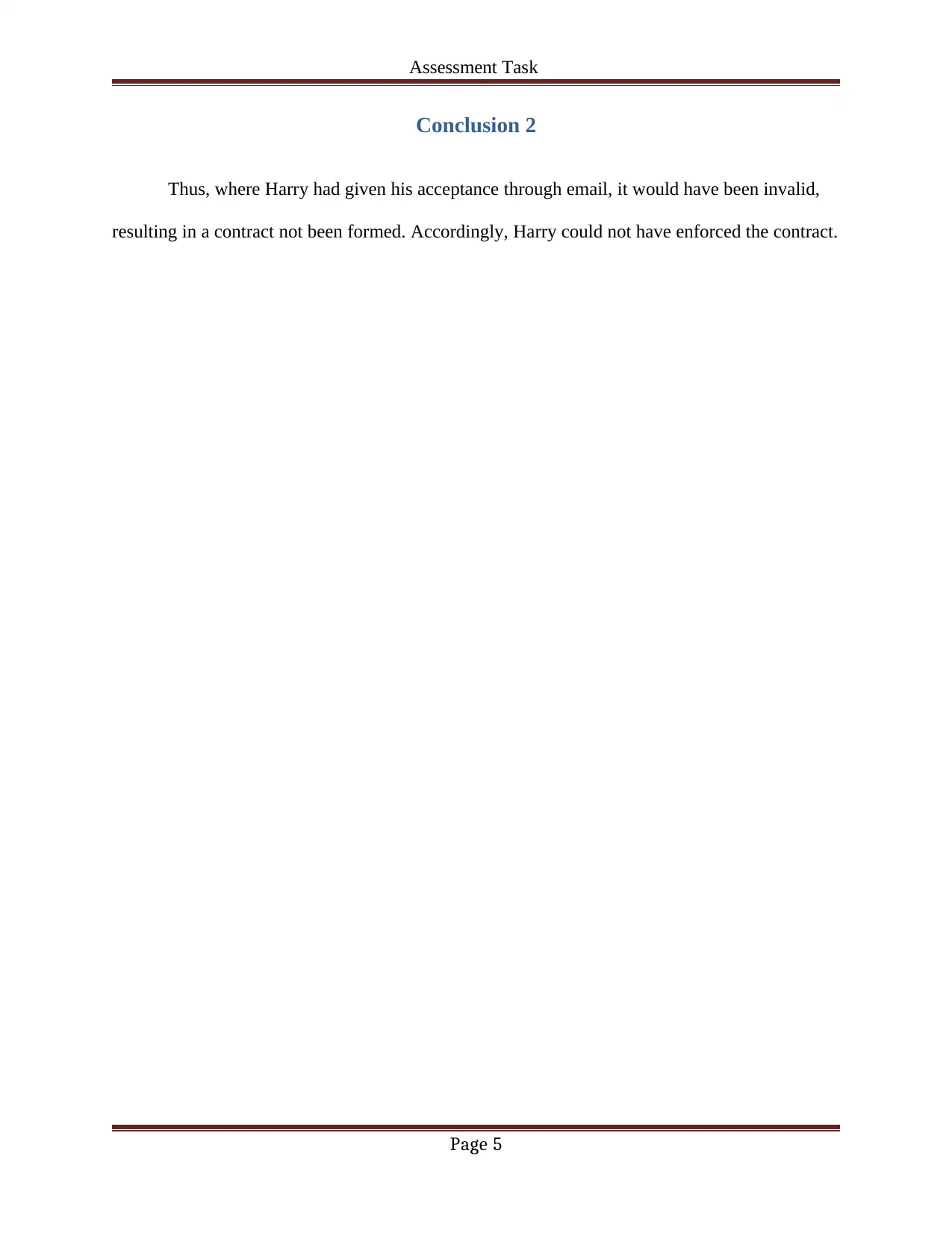
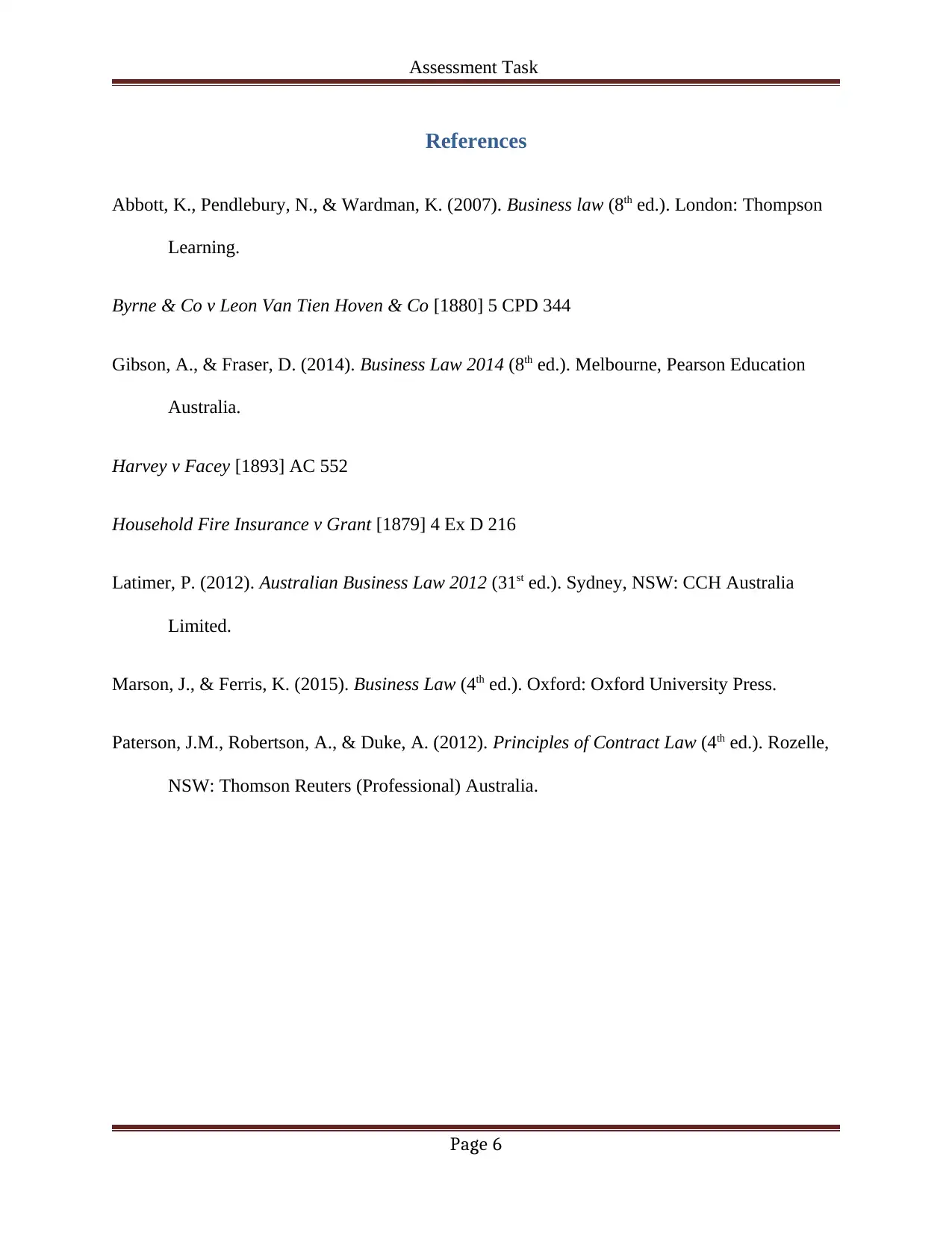




![[object Object]](/_next/static/media/star-bottom.7253800d.svg)